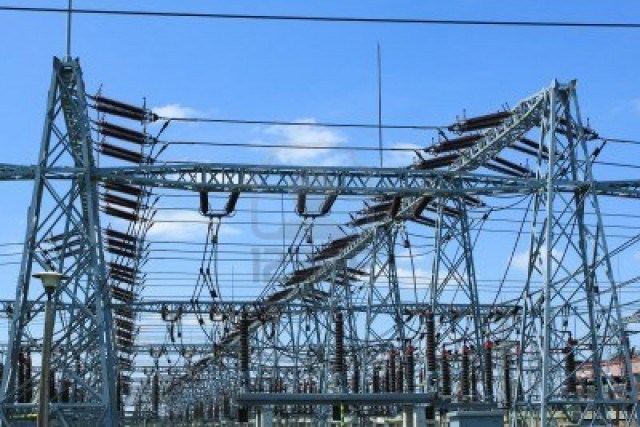Nigeria has experienced its sixth national power grid collapse of the year, just yesterday on the 14th of October.
It has caused a nationwide blackout. This latest incident shows the country has challenges in stabilising the electricity supply, which has been a persistent issue for decades.
Background
Abuja Electricity Distribution Company (AEDC), released a statement on X (formerly Twitter) citing the national grid collapsed at 6:58 pm.
The company stated a system failure in the national grid, led to the blackout.
“Please be informed that the power outage being experienced is due to a system failure from the national grid at 6:58pm today, affecting the power supply to our franchise areas,” the company said.
Repeated Grid Failures
This recent collapse follows a series of different incidents earlier in the year, with the most important ones happening in February, March, April, July, and August.
The Transmission Company of Nigeria (TCN) had earlier implemented a digital monitoring system to monitor and respond to drops in electricity so problems could be solved before a power outage.
Despite this, average Nigerians are left without reliable electricity.
Impact on Daily Life
Power outages have a profound impact on both individuals and businesses in Nigeria.
According to Statista, only 60% of Nigerians have access to electricity, and despite this, they are still prone to frequent blackouts, not to mention those on the highest-paying “Band A” tariff.
Frequent blackouts disrupt daily life, hinder economic activities, and affect services.
For businesses, especially those in manufacturing and services, unreliable power supply increases operational costs as they rely on expensive fuel-powered generators to maintain productivity.
As Arbiterz earlier reported, fuel now costs N1,030 naira per litre, and relying on this would cause financial setbacks.
Government and TCN’s Response
The Nigerian government and TCN have repeatedly pledged to address the causes of these grid failures.
In recent statements, TCN spokesperson Ndidi Mbah mentioned the deployment of a digital detection system designed to monitor and respond to sudden drops in power generation, but this has yet to yield the desired stability.
Following the latest collapse, the TCN noted that engineers were working to restore power as quickly as possible, and some parts of the country have started to see gradual recovery
While the Nigerian government has taken steps to improve the power sector, significant challenges remain. Until these are addressed, power grid collapses are likely to continue affecting Nigeria’s population and economy.

